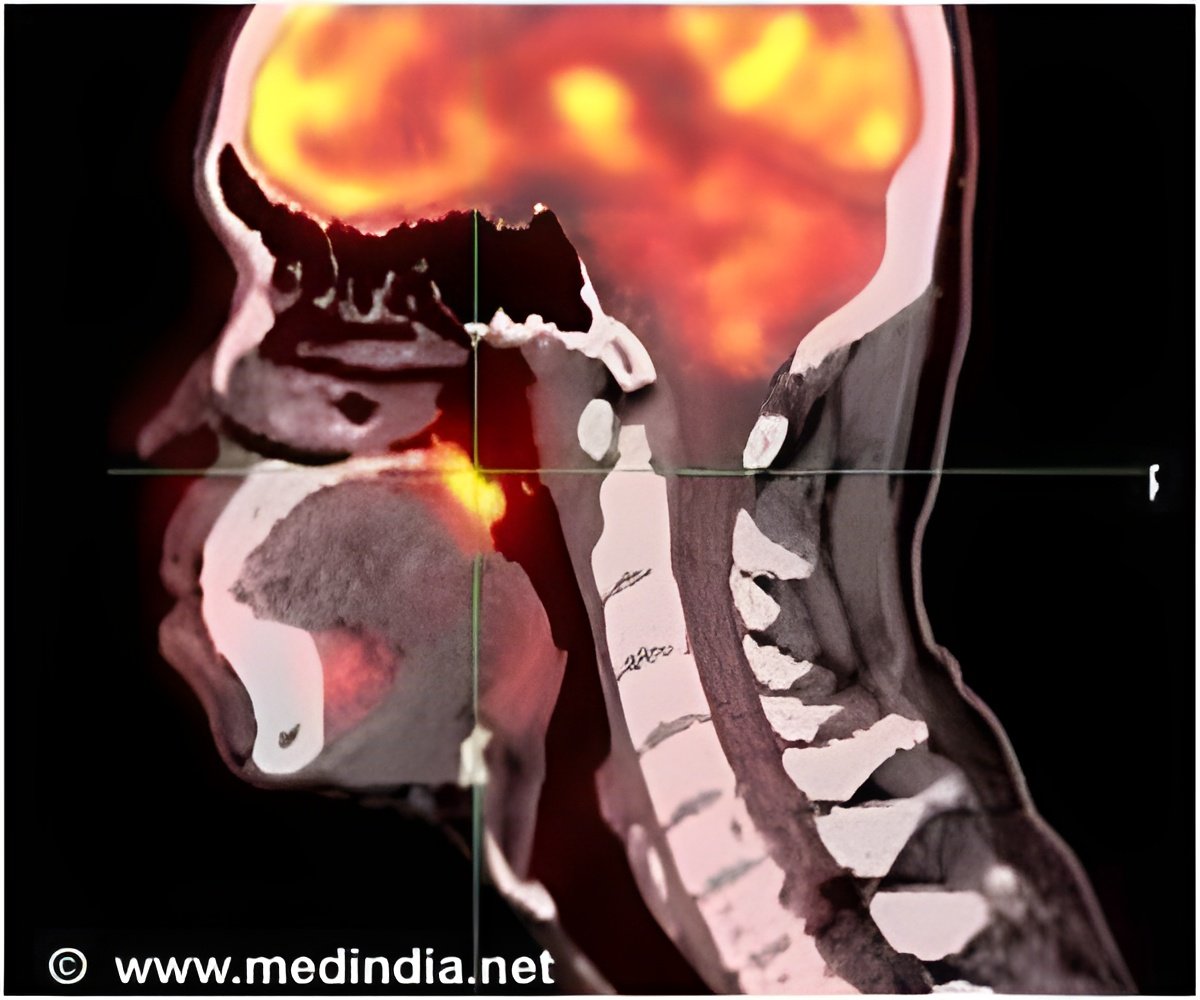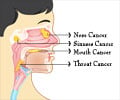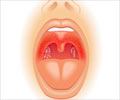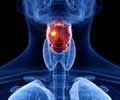An association between the makeup of an individual's microbiome and head and neck cancer has been observed by researchers at Johns Hopkins.

‘An association between the makeup of an individual's microbiome and head and neck cancer has been observed by researchers at Johns Hopkins.’





An association between the makeup of an individual's microbiome and head and neck cancer has been observed by researchers at Johns Hopkins. This finding potentially advances the quest for faster and more accurate cancer diagnosis and therapy. In a report on the research published in Oncotarget, the scientists say that populations of the human microbiome - the collection of normal bacteria inhabiting peoples' bodies - can help discriminate between patients with head and neck cancer and healthy individuals.
"One of the goals of our research is to better understand how the microbiome may influence the immune response to cancer and how the immune response affects the microbiome in turn," says Rafael Guerrero-Preston, assistant professor of otolaryngology - head and neck surgery at the Johns Hopkins University School of Medicine and a member of its Kimmel Cancer Center. "Our findings suggest that we may one day use the composition of the microbiome to test for disease."
For this study, Guerrero-Preston and his colleagues extracted bacterial DNA from the saliva of 42 patients. Seventeen samples were drawn from people with head and neck squamous cell carcinoma, seven of which were positive for HPV and 10 of which were HPV-negative. 25 noncancerous samples were used as a control.
The bacterial DNA found in the saliva was sequenced and sorted into groups of highly related populations. Through further DNA analysis, researchers were then able to determine the category, or genus, of bacteria to which each group belonged.
Advertisement
"We see some specific bacterial populations that are increased or lost in the presence of cancer when compared to healthy controls," says Guerrero-Preston. This may mean that either the tumor is affecting the environment in the mouth by killing bacteria that would fight cancer or that the patients may be predisposed to cancer because they originally lacked bacteria that prevent tumor development.
Advertisement
If the differences in the microbiome between cancerous and noncancerous/HPV-positive and HPV-negative tumors are confirmed in further studies with more patients, doctors may be able to use the same sequencing tools as Guerrero-Preston to quickly and accurately screen and diagnose patients based on the bacteria present in their mouths.
Guerrero-Preston says other research on the human microbiome has found that bacteria only present in the gut influence immunotherapies that utilize the body's immune system to combat cancer in other tissues. With a greater understanding of how bacteria interact with a patient's immune system, doctors may be better able to determine if immunotherapy will be effective and what side effects the patient may experience as a result of the treatment.
Source-Newswise














